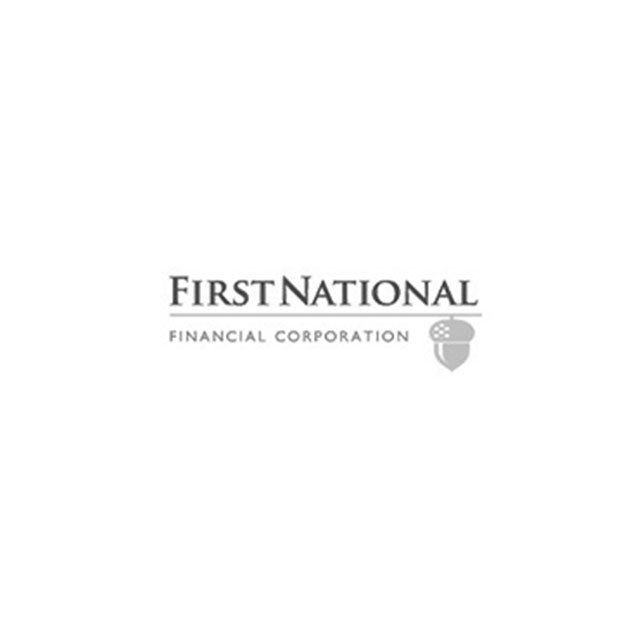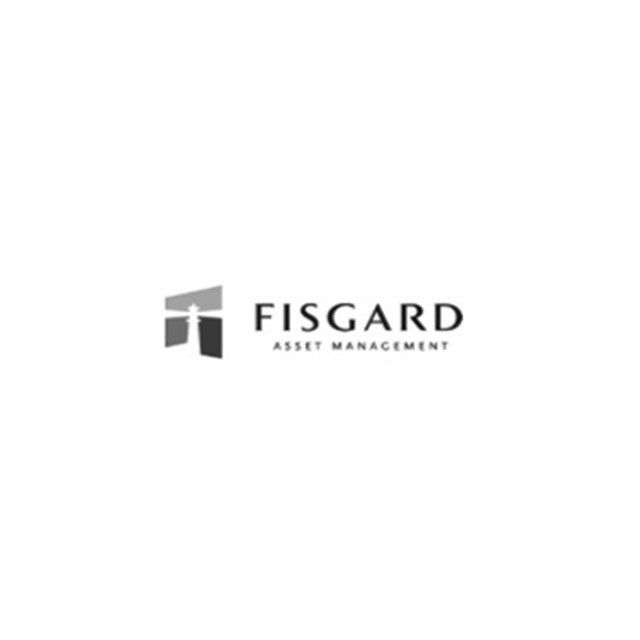I believe in providing my clients with professional advice, uncompromising face-to-face service and access to a wide selection of mortgage products with incredible terms.
Hello. I’m Trevor Hansen. I’m the CEO of Xeva Mortgage and I specialize in working with the following types of clients:
Professionals & Business Owners
Did you know the government has recently made changes to the rules around mortgage qualification for self-employed individuals? If you use a corporation to reduce your taxes and you plan to purchase a property in the next couple of years, we should talk sooner rather than later! I will work in conjunction with your lawyer and accountant in order to make sure you are on track to meet your mortgage goals.
High Net Worth Individuals
With over 20 years of mortgage and banking experience, I have worked with many high net worth individuals. As such, I have developed relationships with lenders who offer exclusive products and I provide professional council grounded in experience. From purchasing an owner occupied home or a vacation property to building an impressive investment portfolio, I will make sure your financing experience is seamless.
Existing Homeowners
If you currently own a home and would like to access some of the equity, I specialize in mortgage refinances and would be pleased to work with you. If you are an existing or new client and your mortgage is up for renewal, I am available to help you lock in your next term with the mortgage product that best meets your needs at the lowest rates available.
TESTIMONIALS
MORTGAGE RESOURCES






TREVOR HANSEN
LET’S WORK TOGETHER
Whether you’re a first time home buyer, looking to refinance or renew your home, or you’re looking at purchasing an investment property, regardless of your circumstance, if you need to arrange mortgage financing, please give me a call or contact me using the form below.
I look forward to working with you! Go ahead, drop me a line, your information is safe with me.















